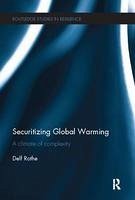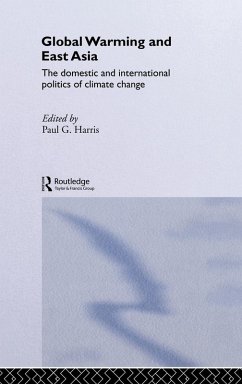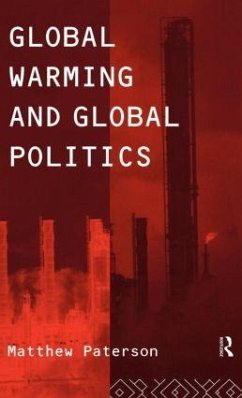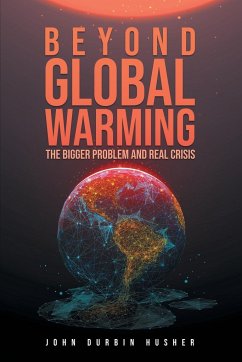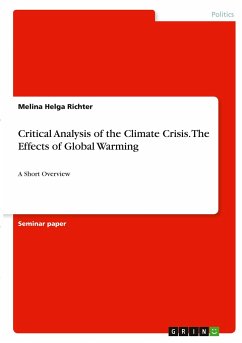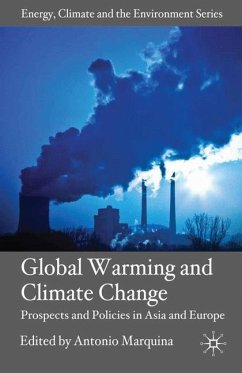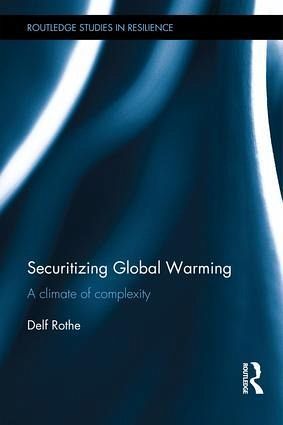
Securitizing Global Warming
A Climate of Complexity
Versandkostenfrei!
Versandfertig in 1-2 Wochen
177,99 €
inkl. MwSt.
Weitere Ausgaben:

PAYBACK Punkte
89 °P sammeln!
This book examines the emergence of a global climate security discourse as an instance of securitization, using the lens of resilience.





